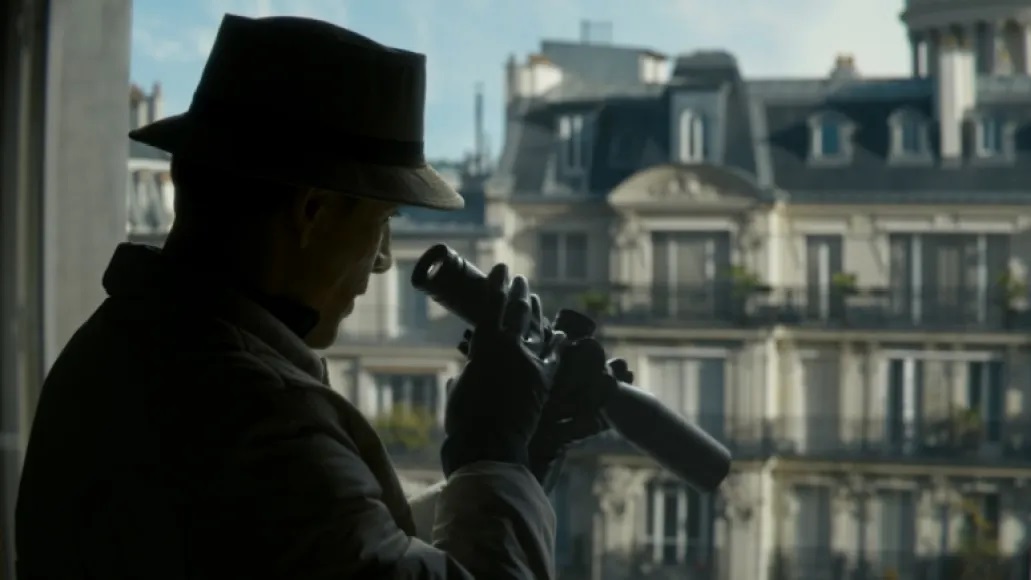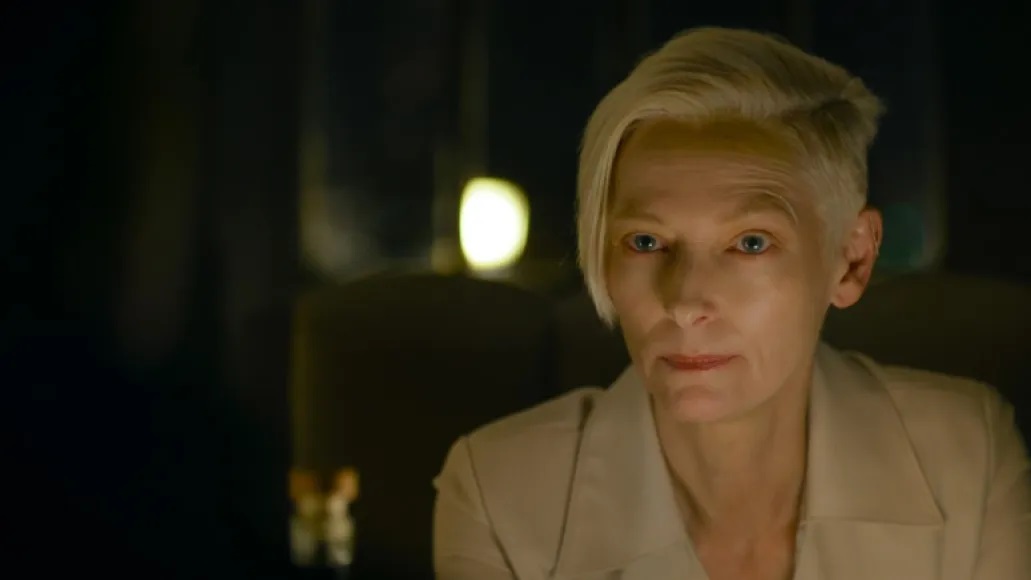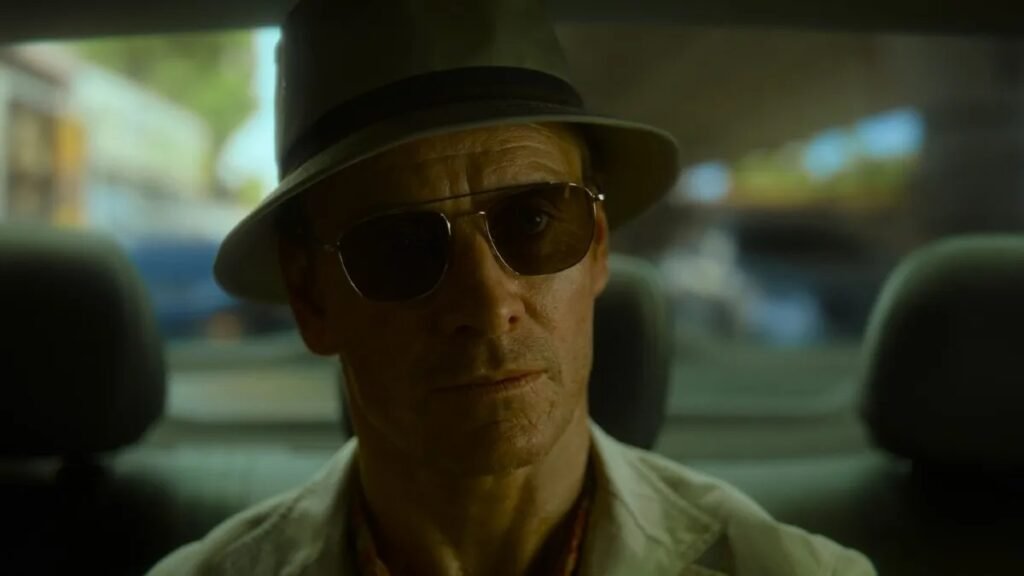David Fincher’s story of a globetrotting murderer combines slick setpieces with financial building.
To speak about The Killer is to strip away pretense. Nicely, one can strive. Chilly it might be, however David Fincher‘s newest is an extremely open movie. The homes are made from glass; the home windows are ceiling-high; the voiceovers from the title character (Michael Fassbender) give infallible perception into his worldview. The movie is his worldview, easy in its machinations and complicated in its philosophy. In most different circumstances, this might unfold over time. And it does right here, not less than to an extent.
Primarily based on the French graphic novels of the identical identify, written by Alexis Nolent and illustrated by Luc Jacamon (Seven author Andrew Kevin Walker adapts it for the display with poise and modesty), The Killer is instructed in six chapters and an epilogue. The movie follows a anonymous murderer with a high-powered rifle and, as mandatory for journey, an infinite provide of pseudonyms. “I don’t give a fuck,” he says, punctuating his first monologue because the script basically rolls its eyes at his performative aloofness.
Fincher and Walker know he’s a hypocrite. The Killer does care. He’s curious and, because the movie introduces him, is in Paris making ready an execution. His voiceover covers a preponderance of ideas relating to intent, causality, openness, and finality. He discusses the utility of meals, the ratio of births to deaths in any given second, and can later ponder what’s going to occur when his funds dry up. The “why” isn’t notably essential; the “what” is. Walker’s script doesn’t fully spell out this man’s preoccupations. Possibly he used to review regulation earlier than changing into an murderer. Possibly there’s a cause he’s doing all this. That doesn’t actually matter.

However that’s the crux of The Killer‘s central philosophy: two colleges of thought bled collectively by way of the pretense of its narrative. This character’s actions hinge on ethical nihilism, however his inward fascinations (and the script’s building) are teleological. The viewer hears him as he watches others, coldly enamored by the idea of existence towards the fragility of these surrounding him. Right here, curiosity is the closest factor to utility.
But given this verbal bombardment, The Killer introduces a swath of stylistic prospers and pursuits to go together with it. Erik Messerschmidt’s cinematography is digital sufficient to frame on distracting, not less than till the Killer pulls out his temporally ambiguous MP3 participant for the primary of many instances. (It additionally, in one of many movie’s working gags, solely incorporates The Smiths.) When he botches the mission, he goes on the run to the Dominican Republic, Chicago, and elsewhere, Fincher sustaining an informal curiosity within the class of every setting.
The movie is trendy, however the attract is lifeless by design. What exists on the web page reads as remoted, but Fincher and Fassbender play it as inner, even intimate. This man exhibits an curiosity in others. He finds pleasure and progress in observing them, not the least as a result of it instigates additional consciousness of his physique and doubt of his personal self. “Anticipate, don’t improvise,” he repeats all through. He exists to know, to not see.
That sight is left to the viewers, blurred between the hyper-crisp jet setting Fincher and Messerschmidt seize as if refracted by way of an algorithm, and the financial bent of Walker’s script. Every chapter carries a setpiece, functioning both to propel the narrative or deconstruct the character’s beliefs. In a scene between the Killer and a girl referred to as the Professional (Tilda Swinton), the movie even proclaims its identification as a twisted form of fable.

Fincher toys with Twenty first-century know-how from scene to scene, which provides as much as a extra pervasive sense of the character’s relationship to an more and more alienated world. The opening credit type themselves like a PlayStation 2 loading sequence. A lawyer’s (Charles Parnell) decade-old MacBook, a damaged flatscreen illuminating a brawl, the omnipresence of GrubHub and Amazon—all of it fleshes the world out to one thing resembling universality. Between these tics and the entire Smiths, Fassbender’s protagonist represents commerce by way of artwork, objective sans level.
In any case, The Killer could possibly be essentially the most forgettable man to exist or one of the vital everlasting, an avatar for the viewer and a distillation of their contradictions. “No matter occurred to ‘I don’t give a fuck?’” he thinks to himself at one level. Sure, what occurred? That dissonance fades as if by sheer give up. In some ways, it might be essentially the most Soderbergh film that Steven Soderbergh didn’t direct.
It’s not revelatory, per se. Kirk Baxter, who’s edited every of Fincher’s options since The Curious Case of Benjamin Buttondoes precisely what the image—and protagonist—dictate. That stated, it does have some pacing points at just below two hours. Its ending additionally, spells out its thesis too straight, as welcome as it might be. But when The Killer runs on dichotomies, its flaws might learn as options. In any case, there’s nothing to do however improvise.
The Killer is presently streaming on Netflix.
The Killer Trailer:
